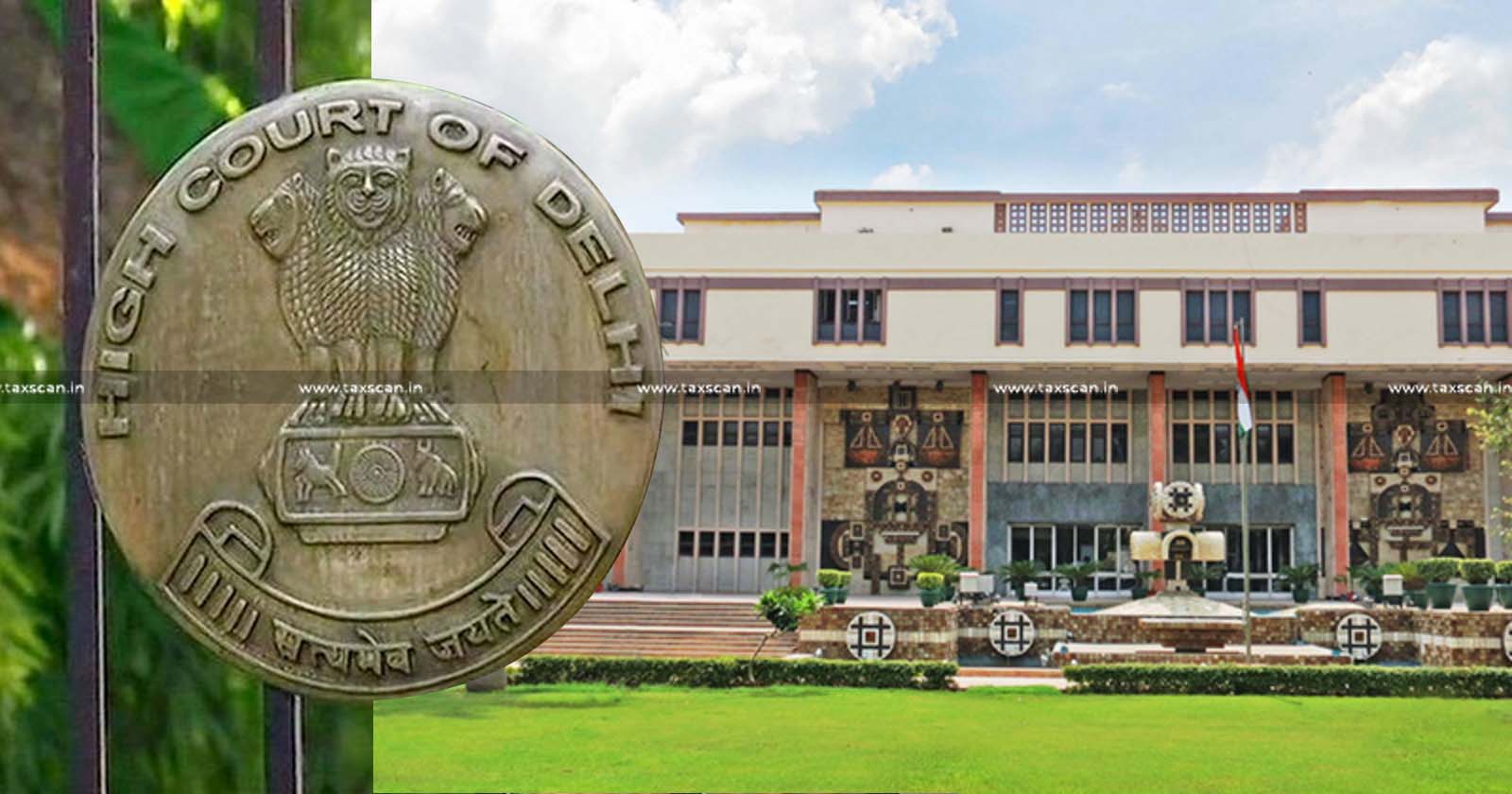Application u/s 29 A of Arbitration Conciliation Act seeking extension of mandate would not Amount to express waiver in writing to challenge Arbitrator's Ineligibility: Delhi HC [Read Order]
The High Court observed that application under Arbitration & Conciliation Act extension of mandate would not amount to express waiver in writing to challenge arbitrator's ineligibility.

Arbitration Conciliation Act – extension – mandate – Amount – express waiver – writing to challenge Arbitrator’s Ineligibilityn – Delhi HC – taxscan
Arbitration Conciliation Act – extension – mandate – Amount – express waiver – writing to challenge Arbitrator’s Ineligibilityn – Delhi HC – taxscan
The Delhi High Court has held that Application under section 29 A of Arbitration & Conciliation Act, 1996 seeking extension of mandate would not amount to express waiver in writing to challenge arbitrator's ineligibility.
Umaxe Projects Private Limited, the petitions filed under Section 34 of the Arbitration & Conciliation Act, 1996 (‘the A&C Act’), the petitioner seeks to set aside the final arbitral Awards both dated 28.06.2023 (‘the impugned Awards’) which was delivered by Arbitral Tribunal comprising of Sole Arbitrator (‘the AT’).
Both the impugned Awards are delivered by the same Sole Arbitrator between the parties, albeit with respect to different projects. As the parties are same and the contentions raised being common in both the petitions, the same are taken up for consideration together.
The impugned Award was passed in the context of a Letter of Acceptance ( LOA ) dated 04.05.2010 issued to the petitioner being the lowest bidder for the project to construct 430 flats in eight towers in a Housing Scheme near Jhajjar Village, Prem Nagar, Dehradun for an estimated cost of Rs.98.01 crores. An agreement was executed on 10.06.2010.
The impugned Award was passed in the context of a Letter of Acceptance ( LOA ) dated 30.11.2017 issued by the respondent to the petitioner to complete the balance work at the project site comprising 545 flats in eight towers for an amount of Rs.38.33 crores. Notably, the respondent in 2010 had launched a Housing Scheme at Shatabdi Nagar, Meerut which it had awarded to one M/s Omaxe Infrastructure & Construction Ltd. However, the contract was terminated on 27.10.2017 resulting in issuance of LOA in favour of the petitioner. An agreement was executed on 17.01.2018.
The primary ground for challenge pressed by the petitioner is the de jure ineligibility of the learned Sole Arbitrator to be appointed as an arbitrator being hit by the Seventh Schedule of the A&C Act. It is contended that in terms of Section 12(5) of the Act, the petitioner’s participation in the arbitral proceedings will not preclude it from challenging the proceedings conducted by an inherently ineligible arbitrator, since only an express agreement in writing between the parties after the occurrence of dispute, could waive off the party’s right to challenge the appointment, which did not happen in this case.
The only issue to be determined is whether the petitioner’s continued participation in the arbitral proceedings and further preferring a petition under Section 29(A) would preclude it from challenging the award by challenging the de jure eligibility of the Arbitrator. Indisputably, the arbitrator was unilaterally appointed by the respondent according to Clause 18.2 of GCC forming part of the Agreement dated 10.06.2010 and Clause 22 of the Agreement dated 17.01.2018. The Clauses do not countenance any say of the petitioner in the appointment.
In Larson and Toubro, it has already been held that filing an application under Section 29A seeking extension of mandate, would not amount to ‘express waiver in writing’. Further in Bharat Broadband, the court held that the petitioner had demonstrably waived its right to object. However, it has to be seen in the facts of each case whether the conduct of the party challenging the eligibility is of a nature that it is akin to an “express waiver in writing”. An overt act on the part of the party expressly conceding to the jurisdiction of the arbitrator after becoming aware of the ineligibility may amount to waiver of the kind conceived in Section 12 (5).
“Simple act of participation, without any indication that the party is aware of the ineligibility and has consciously chosen to waive off the right to object, will not be sufficient.”, the single bench of Justice Manoj Kumar Ohri observed.
In any case, respondent’s objection is essentially due to the filing of Section 29(A) application by the petitioner. However, this filing has been held to not amount to a waiver.
To Read the full text of the Order CLICK HERE
Support our journalism by subscribing to Taxscan premium. Follow us on Telegram for quick updates


